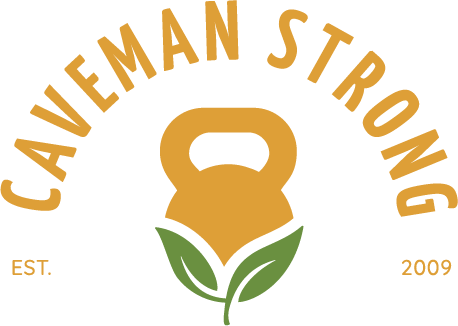Recovery Essentials: The Importance of Rest and Self-Care in Your Fitness Journey
By far, the most overlooked components of any fitness journey is rest, recovery and self-care. These important aspects are truly the unsung heroes of any fitness journey, playing a pivotal role in achieving optimal performance, preventing injury, and sustaining long-term health and well-being. In this article, we delve into the significance of recovery in the pursuit of fitness goals and explore effective strategies for integrating rest and self-care into your routine.
Understanding the Importance of Recovery: Before delving into specific strategies, it's essential to understand why recovery is so critical in the realm of fitness. When you engage in physical activity, whether it's strength training, cardio, or sports, you subject your body to stress and strain. These activities cause microscopic damage to your muscles and deplete your energy stores. Without adequate rest and recovery, your body doesn't have the opportunity to repair and rebuild, leading to stagnation, fatigue, and increased risk of injury.
Moreover, prolonged periods of intense training without sufficient recovery can result in overtraining syndrome, a condition characterized by decreased performance, persistent fatigue, and increased susceptibility to illness. By prioritizing rest and self-care, you not only enhance your body's ability to adapt and grow stronger but also safeguard your overall health and well-being.
Strategies for Effective Recovery: Now that we've established the importance of recovery, let's explore some practical strategies for incorporating rest and self-care into your fitness routine:
Prioritize Sleep: Quality sleep is the cornerstone of effective recovery. Aim for 7-9 hours of uninterrupted sleep each night to allow your body ample time for repair and regeneration. Create a sleep-friendly environment by minimizing exposure to screens, establishing a consistent bedtime routine, and optimizing your sleep environment for comfort and relaxation.
Active Recovery: Incorporate active recovery activities such as yoga, swimming, or leisurely walks into your routine on rest days. These low-impact activities promote blood flow, flexibility, and mobility, helping to alleviate muscle soreness and accelerate recovery.
Nutrition: Fuel your body with nutrient-rich foods that support recovery and replenish energy stores. Prioritize lean proteins, complex carbohydrates, healthy fats, and plenty of fruits and vegetables to provide essential vitamins, minerals, and antioxidants. Hydration is also key, so be sure to drink plenty of water throughout the day to maintain optimal hydration levels.
Mind-Body Practices: Incorporate stress-reducing activities such as meditation, deep breathing exercises, or mindfulness practices into your daily routine. These techniques not only promote relaxation but also help to manage stress hormones such as cortisol, which can impede recovery and hinder progress.
Listen to Your Body: Pay attention to signals from your body and adjust your training intensity and volume accordingly. If you're feeling fatigued or experiencing persistent soreness, don't hesitate to take a rest day or modify your workout to focus on gentle movement and mobility.
Conclusion: In the pursuit of your fitness goals, it's easy to fall into the trap of prioritizing intense workouts at the expense of rest and self-care. However, neglecting recovery can ultimately hinder your progress and jeopardize your long-term health and well-being. By recognizing the importance of rest and self-care in fitness and implementing effective recovery strategies, you can optimize your performance, prevent injury, and achieve sustainable results. Remember, true progress is not just measured by how hard you train but by how well you recover.



